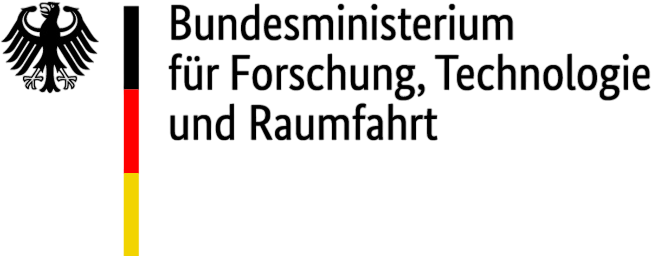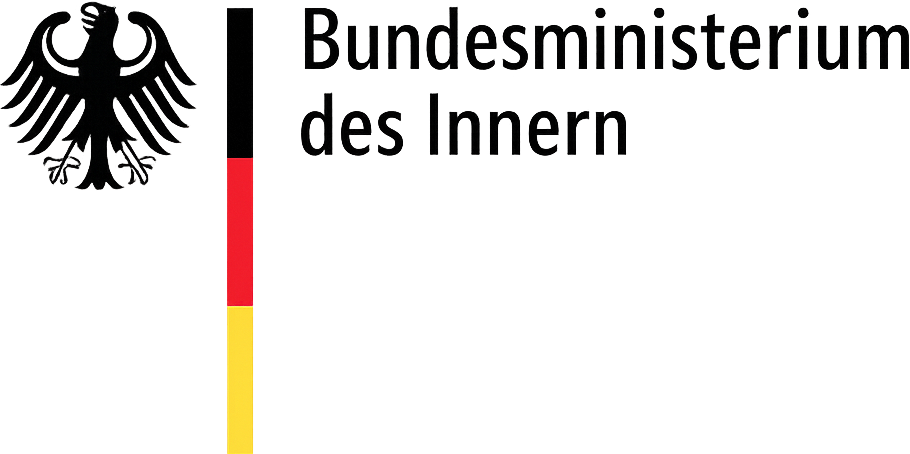Social media use and support for populist radical right parties: assessing exposure and selection effects in a two-wave panel study
Autor*innenOrganisation/Institut FachgebietPublikationsformat(e)ProjektstandProjektbeginnProjektende Forschungseinrichtung(en)Zentraler PhänomenbezugPhänomenbereich Schumann, Sandy; Boer, Diana; Hanke, Katja and Liu, JamesUniversity College London Social psychology, communication sciencePeer-reviewed journal articleCompleted1. Februar 201531. Dezember 2016 UniversitärExtremismusRechts Zentrale Fragestellung: We assess the affinity between social media and populist radical right parties by examining a) whether more frequent social media use for news enhances the willingness to […]



